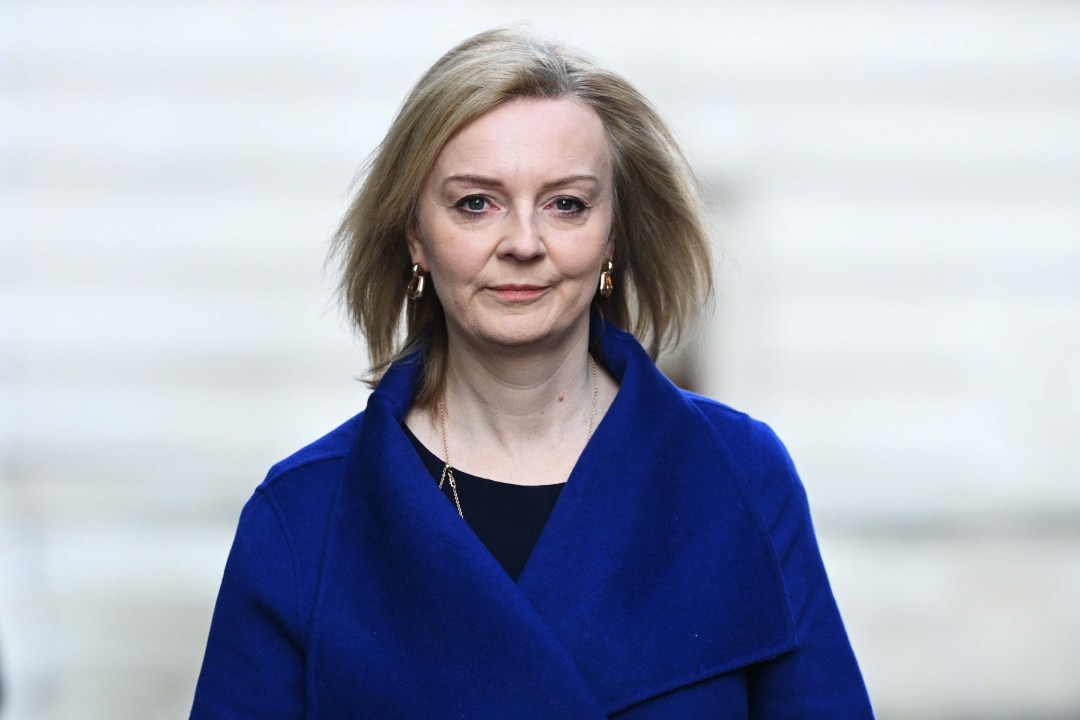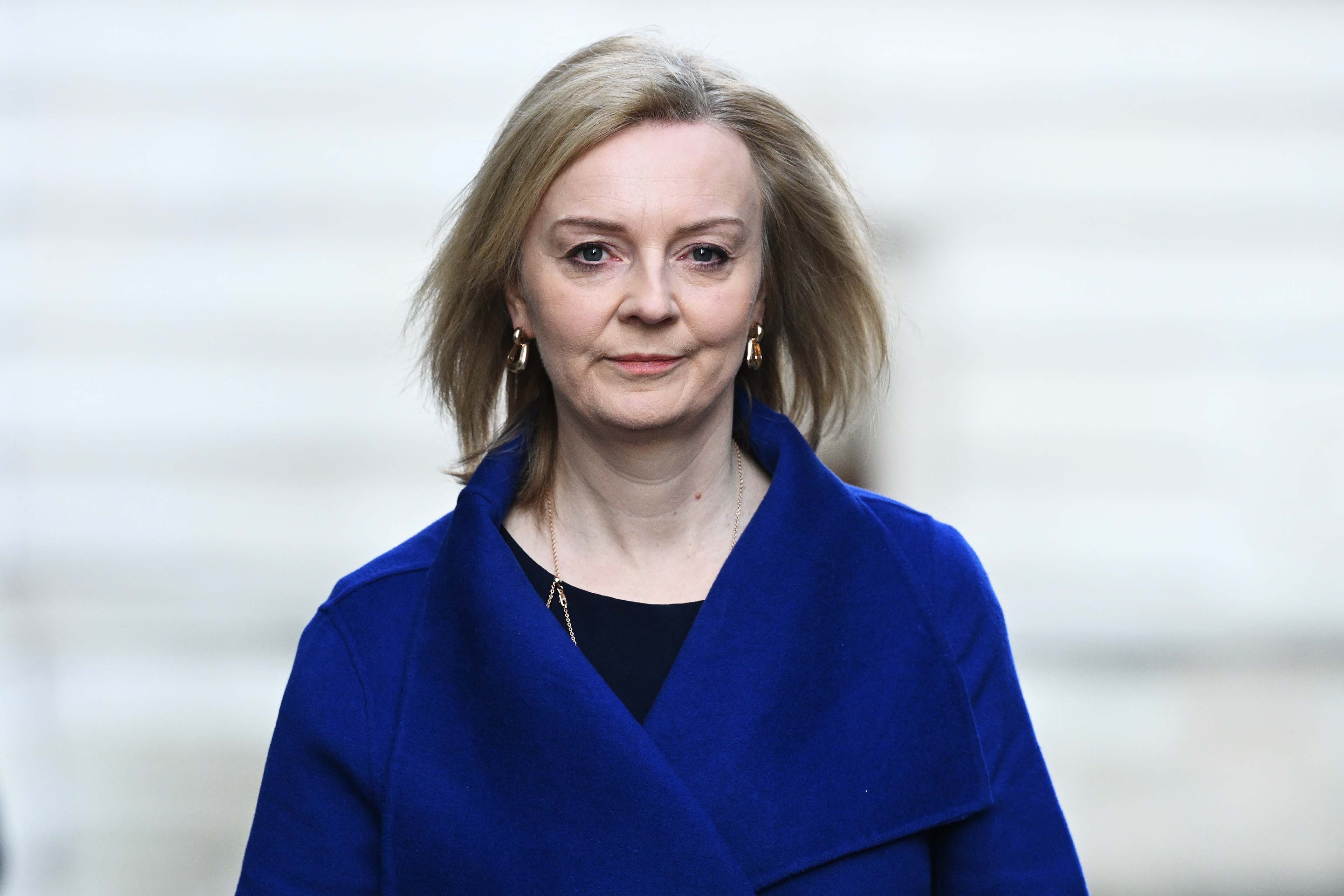Tonight the International Monetary Fund has weighed in on the UK’s mini-Budget, offering a direct rebuke of Liz Truss and Kwasi Kwarteng’s tax cuts.
‘We are closely monitoring recent economic developments in the UK and are engaged with the authorities,’ its spokesperson said, in reference to the fluctuating pound and rising borrowing costs. ‘Given elevated inflation pressures in many countries, including the UK, we do not recommend large and untargeted fiscal packages at this juncture’ – suggesting some concern that the measures could be inflationary.
The IMF seems more frustrated with the ethics of the policies rather than their economic impact
It’s the kind of intervention that does little to shed light on the real issue at hand: how the markets are responding to the early stages of Truss’s economic agenda. But it provides plenty of fuel for both the Prime Minister’s detractors and her supporters.
Critics of the ‘mini-Budget’ have been fast to point out that the IMF’s comments read like something it might say about an emerging market, not a G7 country. Tonight’s statement also allows people to say that the IMF has intervened because Britain’s economy is too volatile: technically true, though that ‘intervention’ so far is just a telling-off.
But this rebuke from the IMF is the kind of battle the Truss camp might be happy to have. Her government was genuinely surprised by the market’s reaction to Kwarteng’s statement last week: they expected a much more welcoming reception for tax cuts and a pro-growth narrative. The backlash has clearly rumbled Kwarteng to some extent, who had his Treasury issue a statement yesterday about a ‘medium-term fiscal plan’ as well as, according to the Telegraph, hosting a call with Tory MPs tonight to address their growing nerves.
But the IMF’s comments are a different matter. Unlike genuine market signals, it seems more frustrated with the perceived ethics of the policies rather than their economic impact. They encourage the UK government to ‘re-evaluate the tax measures, especially those that benefit high-income earners.’ The IMF takes a political stance on inequality, viewing its reduction as a good thing in itself. Truss and Kwarteng reject this premise – summed up in the Chancellor’s statement last Friday when he called for the end of redistribution politics – and think it’s far more important to focus on ‘growing the size of the pie.’
The IMF’s ‘intervention’ is likely to become an example of the ‘Treasury orthodoxy’ that Truss was so vocal about during the leadership campaign: her belief that a left-wing economic consensus will not tolerate any meaningful shake-up of the tax code or supply-side reform.
Critics will call this a damning verdict on her plans. Supporters will see this as a misplaced institutional intervention. The real tell, of course, will be if it has any serious impact on the markets.








Comments